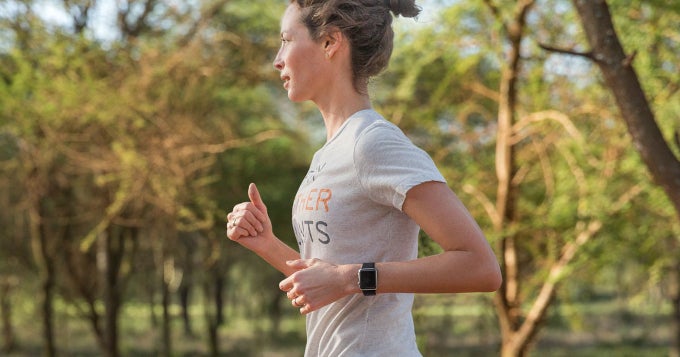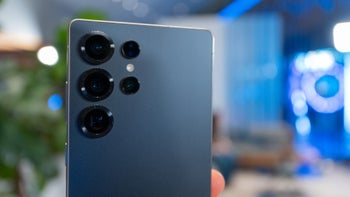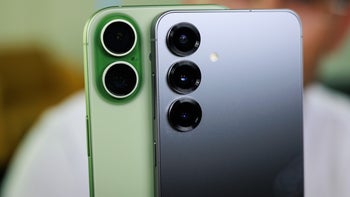Study tries to measure fitness trackers' actual accuracy, Apple Watch wins first round

The tested devices were the Apple Watch, Samsung Gear S2, Microsoft Band, Basis Peak, Fitbit Surge, Mio Alpha 2, and PulseOn. They were strapped to 60 different volunteers, 29 male and 31 female, with an age range between 27 and 49 years old. In order to provide an accurate reference point in the experiment, the subjects were also continuously monitored with telemetry and indirect calorimetry.
Now, here's the interesting part — error margins and reading accuracy. As far as heart rate readings go, all devices were pretty accurate, with the Apple Watch having the best error margin (a median of 2.0%), and the Samsung Gear S2 being the worst (a median of 6.8%). But when it came to energy expenditure (calories burned), all the wearables were pretty off — none had an error below the 20% mark, and the PulseOn was a staggering 92.6% off with its stats.
The study concluded that the Apple Watch is most accurate of the tested devices (when combining its HR and EE results), but did advise that users don't rely on their fitness trackers' calorie counters too much when working towards a health-improvement program.
Of course, this work was primarily intended to define a set of standards, by which wearables should be tested. Do keep in mind that the devices used are a generation or so old — Sammy has the Gear S3 out, and Microsoft's Band has a second entry as well. Still, the results are an interesting read.
source: MDPI
Follow us on Google News














Things that are NOT allowed:
To help keep our community safe and free from spam, we apply temporary limits to newly created accounts: